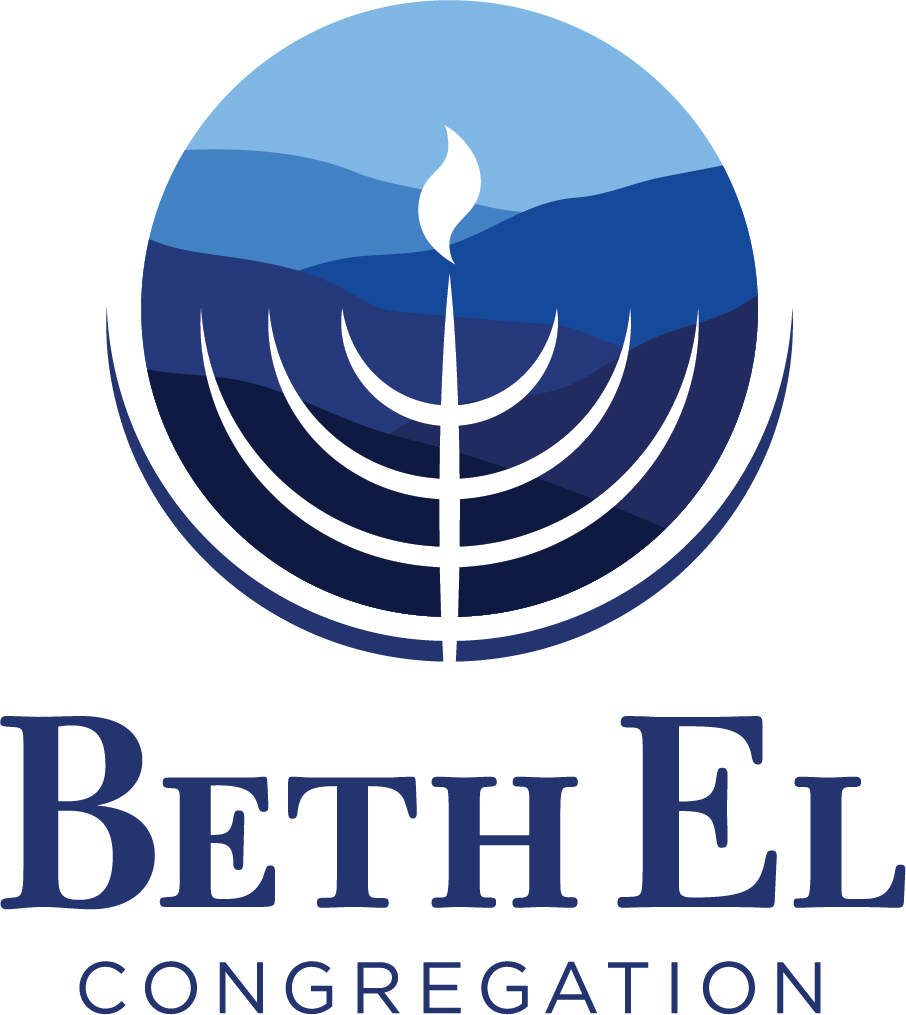D’var Torah – May 9
I hope this finds you all well.
In the film The Free State of Jones, Newton Knight (played by Matthew McConaughey) and his followers hold a Confederate Lieutenant and his soldiers at gunpoint after they try to confiscate the local farmers’ corn crops. He declares:
“He’s asking if I ought to kill a man for some corn … I don’t know … See here, lieutenant, you steal our corn, we got nothing to feed the hog. If we can’t feed the hog we got nothing to put in the smokehouse, we got nothing to put in the smokehouse we starve in the winter. That’s murder, ain’t it? You know what the penalty for murder is, don’t you, lieutenant?”[1]
Often in life, we only think of the immediate impacts of our words and actions. But how often do we think of the many long-term ramifications and secondary, and tertiary effects that come with them?
In this week’s combined parsha of Acharei Mot-Kedoshim (Leviticus 16:1-20:27) we receive 79 commandments. One of them is exceedingly clear-cut: “Ye shall not steal; neither shall ye deal falsely, nor lie one to another.” (Leviticus 19:11*)
When should someone not steal or swindle? Well, on the face of it, it’s wrong; you’re taking something that doesn’t belong to you.
But it goes beyond that. Going back to McConaughey’s character’s quote – theft has a domino, ripple effect on everything from the victim’s livelihood, health, and well-being all the way to robbing them of their sense of safety, righteousness, justice, innocence, trust, goodness and morality in the world. An act of theft can most assuredly traumatize its victim. Additionally, for those who commit theft, those who steal, and those who swindle, they earn an indelible reputation and a mark on them that follows them all the days of their lives. Honestly, the labels of “thief” and “swindler” can continue to dog and sully one’s name and stain their memory long after they have died. And even if they change their ways, the mark will remain on them like a tattoo, scar, or brand. It can even soil and besmirch the thief’s family, school, and communities who are often tragically declared guilty simply by association.
The great texts and sages teach us as much. Rabbi Akabiah ben Mahalalel of the Mishnah proclaimed, “I’d rather be called a fool all my life than commit wrong in the sight of God for one moment.” (Mishnah Eduyot 5:6**). Likewise, Samuel ben Adiya taught, “Thus did my father counsel me in bygone days: ‘Samuel, destroy not what I have built up!’”** Finally, in Proverbs we are instructed, “a good name is rather to be chosen than great riches.” (Proverbs 22:1**). In companionship to these powerful sentiments, in the famous movie Gladiator, Russell Crowe shouts, “What we do in life echoes in eternity.”[2]
With this mitzvah, we see far more than just a commandment and a law, but a mindset with which to move through life. If we proactively and consciously thought about the far-reaching effects and implications of our actions, perhaps we would think, speak, and act in a far more sacred, kind, and holy manner.
Bizrat HaShem, with God’s help, may we think deeply and thoroughly long before we ever act or speak.
Wishing you a Good Shabbos and a great weekend.
Bivrakha,
Rabbi Aaron Stucker-Rozovsky
Beth El Congregation | 520 Fairmont Ave, Winchester, VA 22601
(540) 667-1889 (office)
